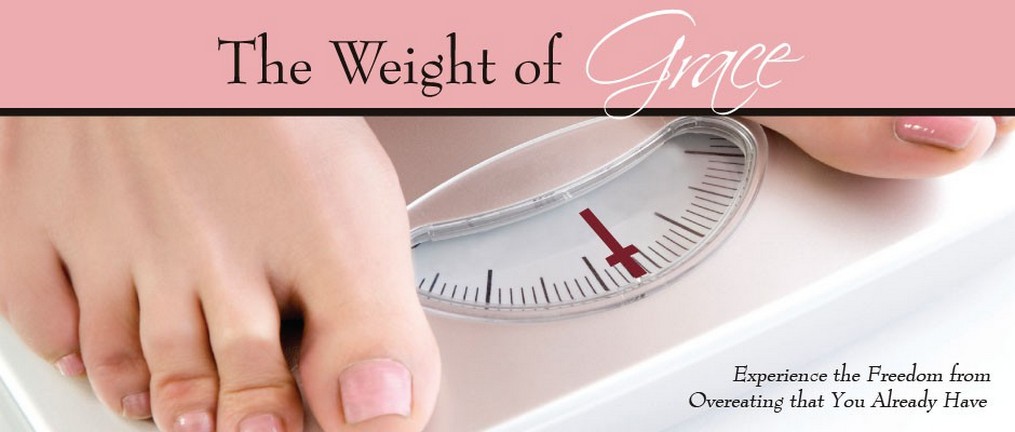Most women believe that the answers to overeating and overweight are found in controlling their eating (through dieting) and not giving in to their hunger. Women in our diet-crazed culture have been led to believe that, without rigid controls, they will always want to eat more food than what is “good” for them and that submitting to hunger is a guarantee of weight gain. Women often think, If I were to eat everything I’m hungry for, I’d never stop eating, or If I ate every time I was hungry, I’d be a blimp. Thoughts such as these reveal: 1) ignorance of the natural mechanisms we possess for knowing when to eat and when not to eat, and 2) a confusion between eating for emotional reasons and eating in response to physical hunger.
There are many Scripture passages that clearly show that there is an assumption made in the Bible that people naturally eat when they’re hungry and stop eating when they have satisfied that hunger. The hunger mentioned in the following passages is true physical hunger, and it is assumed that eating food or wanting to eat food is the natural response to that hunger: Deuteronomy 8:3, Nehemiah 9:15, Job 5:5, Psalm 146:7, Proverbs 25:21, Isaiah 29:8 and 58:7, Matthew 12:1 and 25:35, Mark 11:12-13a, Acts 10:10 (and, no, his hunger isn’t what put Peter in the trance).
A verse that addresses both physical hunger and satiation is Proverbs 27:7:
He who is full loathes honey, but to the hungry even what is bitter tastes sweet.
This verse speaks volumes about a normal, healthy relationship with food. It assumes that, if you’ve had enough to eat and are no longer physically hungry, even the most luscious dessert loses its appeal. And, if you’re overly hungry, you’re not all that discriminating about what you choose to eat. Many women say that even though they don’t feel physically hungry, they still go ahead and eat certain foods, often explaining, “I just like the taste.” Proverbs 27:7 certainly contradicts them. Wanting to continue to eat after hunger is satisfied is not in our design. This means that if a person still wants to eat after physical hunger is satisfied, no matter how tasty the food is, the eating is for emotional reasons having to do with deeper issues.
Look at Ephesians 5:29:
After all, no one ever hated his own body, but he feeds and cares for it, just as Christ does the church.
It is assumed by the writer (Paul, under the inspiration of the Holy Spirit) that everyone loves his or her body and cares for it properly. This is the norm. It is normal and natural to do what is right for yourself physically and to be moderate in your eating. It is not normal to “never stop eating” or to eat until you “become a blimp.” Women have been brainwashed by the diet mentality of our culture to believe a lie about themselves – that they do not come by moderation naturally, that it must be imposed on them by a structured diet of “legal” or “fat free” or “healthy” foods in certain restricted quantities. Also, this same pervasive diet mentality convinces women that they must ignore their hunger and that hunger is, in fact, their enemy. But all the Scriptures listed above imply that hunger is, instead, one’s friend. It tells you when you really do need to eat. And, when the sensation of hunger ends, this tells you when it’s time to stop eating.
